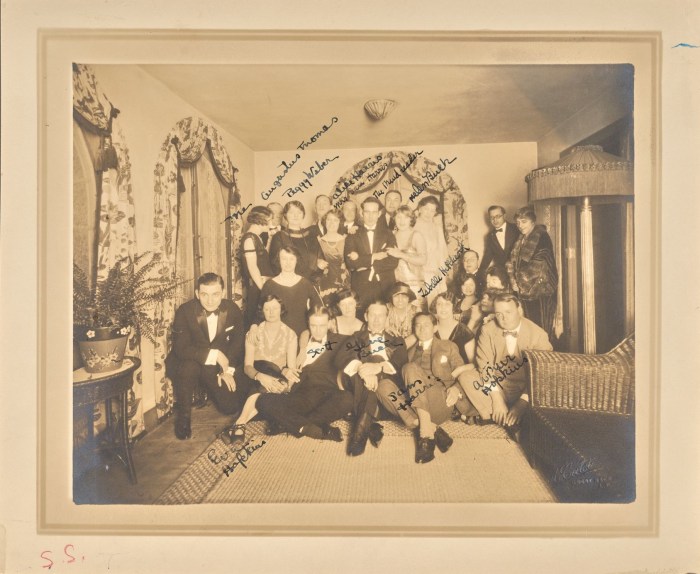Mechanism in Place To Dissolve Villages
A bill with the supposed aim to reduce the property tax burden on New Yorkers by creating a mechanism to eliminate local governments has been signed into law by Governor David Paterson. The law now provides a way to eliminate villages through a petition and villagewide referendum or an act of the county legislature and a countywide referendum.
“This bill is a major step forward in our efforts to cut waste, lower the cost of doing business, and reduce our property taxes,” said Governor Paterson. “Our system of local government is outdated and overly complicated, and today we are making it easier to consolidate or dissolve local government entities. This legislation represents real reform, and will result in bottom-line savings for taxpayers.”
However, there are many critics of the new law among those who serve and live in villages. Proponents of village government believe it serves taxpayers more efficiently than any other forms of government.
Many village mayors believe that villages are the most effective form of government, providing residents with the most services for their tax dollars.
New Hyde Park Village Mayor Daniel Petruccio said, “The New York State Legislature; the same government entity that is a national embarrassment feels that it knows what is best for the residents of the Village of New Hyde Park. How scary an idea is that.”
Williston Park Village Mayor Ludwig Odiera added, “This is all wrong because the village government is the most efficiently run government in the state. Just take a look at the other governments-the town, the county and the dysfunctional state. This is the government closest to the people.”
“Villages are getting personalized service. You can’t get that level of service from the town or the county and you have your community pride,” said Village of East Williston Mayor Nancy Zolezzi of village residents. “You have your celebrations you’ll never get back if you dissolve a village and you’re not going to get the volunteers in the fire department to volunteer for a county-wide department. That’s going to be a huge loss.”
It’s ironic a consolidation bill that could eliminate local governments was passed at the state level and signed into law by the Governor at a time when the state government is at a standstill because of the stalemate in the Senate.
“It’s, unfortunately, our elected officials behaving like politicians. It’s the ultimate irony. They’re looking to consolidate and create greater efficiency in local government. These guys couldn’t govern their way out of a paper bag with a flashlight and both hands. They’re selling this thing as a bill to create smaller government when, in effect, what it does is create larger, less responsive government,” said Mineola Mayor Martins.
If local governments are consolidated, it stands to reason that the governments that remain will expand. Some do not necessarily believe this will save money but only provide the same services. “What you’re doing is creating larger governmental entities, which historically are less and less responsive. Unfortunately, it’s the shift toward the urbanization of suburbia. They want to create the City of Nassau,” said Mayor Martins. “We’re all more than familiar with all of the waste and escalating costs that come from consolidating that much governmental authority in one spot. All you have to do is look at the different authorities the state has created. Look at the MTA if you want to look at an authority that is rife with abuse, patronage and wasteful spending, you just have to look at that, which the state itself has created.”
Under the consolidation law, 10 percent of registered voters or 5,000 registered voters (whichever is less) of a town, village or special district can submit a petition to dissolve the local government. The petition would trigger a referendum during which a simple majority can dissolve the local government. The county legislature could also move to dissolve a local government. This would trigger a countywide referendum.
If the county legislature were to move to dissolve the Village of New Hyde Park, all residents in the county, not just New Hyde Park Village residents, would be deciding the village’s fate.
The Village of New Hyde Park provides residents with services such as parks, roads and including sanitation and a building department that controls the zoning regulations in the village.
If the village were to be dissolved, another governmental entity would have to take over those services for residents and businesses.
Critics of the consolidation law such as village officials argue that there is no evidence to suggest that eliminating villages would save taxpayers money.


































